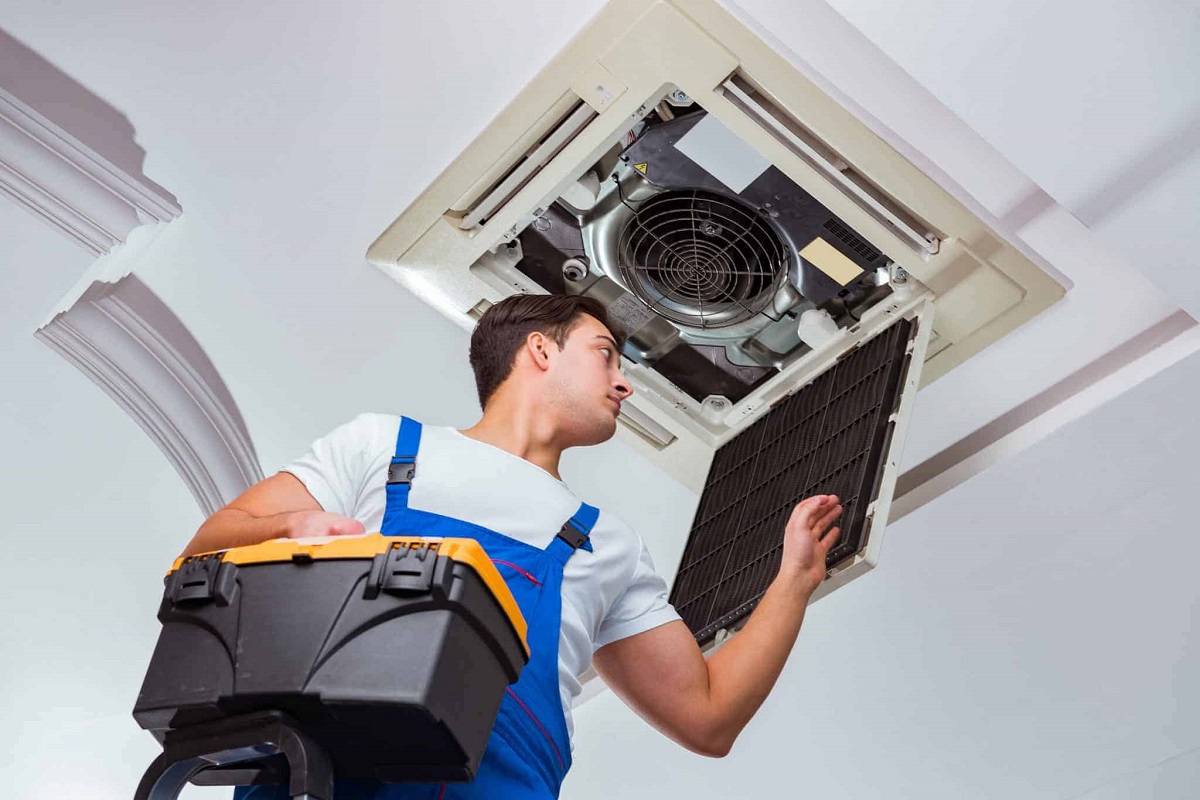

Articles
What Does AC Condenser Do
Modified: January 19, 2024
Find out what AC condenser does and how it contributes to the cooling process in articles packed with useful information and insights.
(Many of the links in this article redirect to a specific reviewed product. Your purchase of these products through affiliate links helps to generate commission for Storables.com, at no extra cost. Learn more)
Introduction
An air conditioning (AC) system plays a vital role in maintaining a comfortable indoor environment, especially during hot summer months. While many people are familiar with the basic components of an AC system such as the compressor and the evaporator, the AC condenser is often overlooked or misunderstood. In this article, we will explore what an AC condenser is, how it works, its role in the overall functioning of an air conditioning system, the importance of maintaining it, signs of a faulty condenser, common problems, troubleshooting tips, and ways to prolong its lifespan.
Understanding the role and importance of an AC condenser is crucial for anyone who wants to optimize the performance and longevity of their air conditioning system. Whether you are a homeowner, a business owner, or an HVAC professional, having a comprehensive knowledge of the AC condenser will enable you to make informed decisions regarding maintenance, repairs, and upgrades.
So, let’s dive in and explore the fascinating world of AC condensers and how they contribute to the overall functioning of an air conditioning system.
Key Takeaways:
- The AC condenser is crucial for efficient cooling, and regular maintenance can extend its lifespan, improve energy efficiency, and prevent costly repairs, ensuring a comfortable indoor environment.
- Recognizing signs of a faulty condenser, such as reduced cooling capacity and unusual noises, allows for timely intervention and troubleshooting, contributing to optimal air conditioning system performance.
Read more: What Does An AC Condenser Do In A Car
What is an AC Condenser?
An AC condenser is a critical component of an air conditioning system that plays a crucial role in the cooling process. It is located on the exterior unit of the AC system and is responsible for releasing heat from the refrigerant to the outside environment.
The AC condenser consists of a coil and a fan. The coil is made up of tubes that carry the refrigerant, while the fan helps in the airflow and heat dissipation process. The refrigerant enters the condenser in a high-pressure, high-temperature state after being compressed by the AC compressor.
Once inside the condenser, the hot refrigerant vapor exchanges heat with the cooler outdoor air. This causes the refrigerant to condense into a high-pressure liquid state before continuing its journey through the AC system. The fan helps in drawing the outside air over the condenser coil, aiding in the heat transfer process. As the refrigerant releases heat, it also loses pressure and starts to cool down.
The primary function of the AC condenser is to remove heat from the refrigerant and release it to the outside environment. This allows the refrigerant to return to a low-pressure, low-temperature state and prepares it for the next stage of the cooling process within the AC system.
It is essential to note that the AC condenser is not the same as the evaporator coil, although both are key components of an AC system. The condenser is responsible for heat dissipation, while the evaporator coil absorbs heat from the indoor air to provide cooling.
Overall, an AC condenser acts as a heat exchanger, helping to regulate and maintain the desired temperature inside a building by removing heat from the indoor air through the refrigerant transfer process.
How does an AC Condenser Work?
Understanding how an AC condenser works is crucial for grasping its importance in the overall functioning of an air conditioning system. Once the refrigerant leaves the compressor, it enters the AC condenser as a high-pressure, high-temperature vapor. The condenser’s primary function is to facilitate the transfer of heat from the refrigerant to the surroundings, allowing it to cool down and return to a liquid state.
The process begins when the hot refrigerant vapor enters the condenser coil, which contains a series of tubes. These tubes are designed to maximize the surface area, allowing for efficient heat exchange. As the refrigerant flows through the tubes, its temperature gradually decreases.
At the same time, the condenser fan, usually located on the top of the condenser unit, draws in outdoor air and directs it over the condenser coil. This airflow helps dissipate the heat from the refrigerant, aiding in the cooling process. As the outdoor air passes over the coil, it absorbs the heat from the refrigerant, causing the refrigerant to lose heat energy and transition from a vapor to a liquid state.
Once the refrigerant has fully condensed into a liquid, it moves on to the next stage of the cooling process, which involves passing through the expansion valve and entering the evaporator coil. The liquid refrigerant then evaporates inside the evaporator coil, absorbing heat from the indoor air and cooling it down.
It is worth noting that the AC condenser works in conjunction with other components of the air conditioning system, such as the compressor, expansion valve, and evaporator coil, to provide effective cooling. The condenser’s role is to release heat from the refrigerant, ensuring that it is in the proper state to continue the refrigeration cycle.
In summary, the AC condenser works by transferring heat from the refrigerant to the outdoor air, allowing the refrigerant to cool down and return to a liquid state. This process is crucial for the overall cooling of an air conditioning system and maintaining a comfortable indoor environment.
The Role of an AC Condenser in an Air Conditioning System
The AC condenser plays a vital role in the overall functioning of an air conditioning system, as it is responsible for releasing heat from the refrigerant and ensuring the efficient cooling of the indoor space. Let’s explore the key roles of an AC condenser in more detail:
- Heat Dissipation: As the refrigerant enters the AC condenser in a high-pressure, high-temperature state, the condenser’s main function is to facilitate the transfer of heat from the refrigerant to the outdoor environment. This is achieved through the condenser coil, where the hot refrigerant vapor is cooled down by the outdoor air passing over the coil. The heat dissipation process is crucial for lowering the temperature of the refrigerant and preparing it for the next stage of the cooling cycle.
- Pressure and Temperature Regulation: The AC condenser also plays a role in regulating the pressure and temperature of the refrigerant within the air conditioning system. After the refrigerant is compressed by the AC compressor, it enters the condenser as a high-pressure vapor. As the refrigerant loses heat and condenses into a liquid state in the condenser coil, its pressure and temperature decrease. This ensures that the refrigerant is in the proper state to continue the cooling process effectively.
- Refrigerant Cycle Continuation: The AC condenser is an integral part of the refrigeration cycle within an air conditioning system. Once the heat is transferred and the refrigerant condenses into a liquid state, it moves on to the expansion valve and then the evaporator coil to absorb heat from the indoor air. Without an efficient and properly functioning condenser, the refrigerant would not be able to complete the cycle, which would result in reduced cooling capacity and potential system malfunction.
- Efficiency Enhancement: A well-maintained AC condenser can significantly enhance the efficiency of an air conditioning system. By effectively dissipating heat from the refrigerant, the condenser ensures that the air conditioning system performs optimally and provides the desired cooling capacity. Regular maintenance, including cleaning the condenser coil and ensuring proper airflow, can contribute to improved energy efficiency and lower operating costs.
Ultimately, the role of an AC condenser in an air conditioning system is to remove heat from the refrigerant and maintain the appropriate pressure and temperature levels. By fulfilling its responsibilities effectively, the condenser contributes to the overall cooling performance, energy efficiency, and longevity of the air conditioning system.
Importance of Maintaining an AC Condenser
The AC condenser is a critical component of an air conditioning system, and proper maintenance is essential to ensure its optimal performance. Regular maintenance and upkeep of the condenser can provide several benefits, which include:
- Efficient Cooling: A well-maintained condenser will operate more efficiently, allowing for effective cooling of the indoor space. By regularly cleaning and inspecting the condenser coils, removing any debris or obstructions, and ensuring proper airflow, the condenser can effectively transfer heat from the refrigerant, ensuring optimum cooling performance.
- Extended Lifespan: Regular maintenance and care can help prolong the lifespan of the AC condenser. By keeping the condenser in good working condition, addressing any potential issues in a timely manner, and performing routine tune-ups, you can minimize wear and tear and prevent major breakdowns. This can save you from costly repairs or the need for premature replacement.
- Improved Energy Efficiency: An AC condenser that is well-maintained operates more efficiently, resulting in lower energy consumption. When the condenser coils are clean and free from debris, the heat exchange process is more effective, reducing the workload on the entire air conditioning system. This can lead to lower energy bills and a reduced environmental impact.
- Prevention of Costly Repairs: Regular maintenance of the AC condenser can help identify and address potential issues before they escalate into major problems. By scheduling routine inspections, cleaning, and tune-ups, you can catch issues such as refrigerant leaks, coil corrosion, or electrical faults early on. This proactive approach can save you from expensive repairs down the line.
- Enhanced Indoor Air Quality: A properly functioning AC condenser ensures efficient cooling and proper ventilation. It helps remove excess moisture from the air, preventing the growth of mold and mildew. Moreover, a clean and well-maintained condenser will prevent the circulation of dust, pollen, and other airborne particles, promoting healthier indoor air quality.
Maintaining an AC condenser not only improves the performance and lifespan of the condenser itself but also contributes to the overall efficiency, durability, and indoor comfort of the air conditioning system. It is recommended to schedule annual or bi-annual maintenance with a qualified HVAC professional to ensure that your AC condenser is in optimal condition.
The AC condenser is responsible for releasing heat from the refrigerant to the outside air, allowing the refrigerant to cool and condense back into a liquid state. Regular maintenance and cleaning of the condenser can help ensure efficient operation of your AC system.
Read more: How Much Does An AC Condenser Cost
Signs of a Faulty AC Condenser
An AC condenser is a crucial component of an air conditioning system, and when it starts to malfunction, it can have a significant impact on the overall cooling performance. Recognizing the signs of a faulty condenser is essential for prompt diagnosis and repair. Here are some common signs that indicate a problem with the AC condenser:
- Reduced Cooling Capacity: If you notice that your air conditioner is not providing the same level of cooling it used to, it could be a sign of a faulty condenser. The condenser is responsible for releasing heat from the refrigerant, and when it fails to do so effectively, the cooling capacity of the system is compromised.
- Insufficient Airflow: If there is inadequate airflow coming from the outdoor unit, it may indicate a problem with the condenser fan. The condenser fan helps in dissipating heat from the condenser coil, and if it is not functioning correctly, it can result in reduced airflow and poor heat transfer.
- Loud or Unusual Noises: Unusual noises such as grinding, screeching, or banging coming from the condenser unit can indicate a mechanical issue. These noises may be caused by a malfunctioning fan motor, loose components, or a worn-out compressor. If you notice any strange noises, it is best to have the condenser inspected by a professional technician.
- Frequent Cycling: If your air conditioner is constantly turning on and off, known as short cycling, it could be a sign of a faulty condenser. Short cycling can occur when the condenser is unable to release heat effectively, causing the system to shut down prematurely to prevent damage.
- Warm Air Blowing: If warm air is coming out of your air conditioning vents instead of cool air, it may indicate a problem with the condenser. A faulty condenser can cause the refrigerant to remain at a high temperature, preventing it from effectively cooling the air passing through the evaporator coil.
- Visible Leaks: If you notice any refrigerant leaks around the condenser unit, it is a clear indication of a problem. Refrigerant leaks can lead to reduced cooling performance and should be repaired promptly to prevent further damage to the condenser and other components.
If you observe any of these signs, it is recommended to contact a professional HVAC technician to diagnose and address the issue with your AC condenser. Timely identification and repair of a faulty condenser can prevent further damage, ensure proper cooling, and extend the lifespan of your air conditioning system.
Common AC Condenser Problems and Troubleshooting Tips
The AC condenser is a vital component of an air conditioning system, but it can encounter issues over time. Addressing common condenser problems promptly can help restore the cooling performance and prevent further damage. Here are some common AC condenser problems and troubleshooting tips:
- Dirty Condenser Coils: Accumulated dirt, dust, and debris on the condenser coils can hinder heat transfer and reduce cooling efficiency. To remedy this, turn off the power to the AC unit, carefully clean the coils using a soft brush or a coil cleaning solution, and rinse the coils with a hose. Regular coil cleaning can improve efficiency and prevent further issues.
- Condenser Fan Issues: If the condenser fan is not working properly or making unusual noises, it can lead to reduced airflow and hinder heat dissipation. Check for any obstructions around the fan blades and ensure that they are not damaged or worn out. If necessary, replace the fan motor or blades to restore proper operation.
- Refrigerant Leaks: Leaking refrigerant can cause a decline in cooling performance and potentially damage the condenser. Look for any signs of refrigerant leaks, such as oily spots or hissing sounds, and promptly address the issue. A professional HVAC technician can locate and repair the leaks, as well as recharge the refrigerant if necessary.
- Faulty Capacitor: The capacitor is responsible for providing the necessary electrical charge to start the condenser fan motor and compressor. If the condenser is not starting or is turning on and off frequently, a faulty capacitor could be the cause. Replace the capacitor with a new one of the correct rating to restore proper function.
- Electrical Issues: Inspect the electrical connections to ensure they are secure and free from damage. Loose or corroded connections can affect the performance of the condenser. If you notice any issues, such as burnt wires or damaged electrical components, it is best to have a qualified technician handle the repair to avoid any safety risks.
- Overheating: Excessive heat buildup can cause the condenser to overheat and shut down. Check if airflow around the condenser unit is restricted by plants, debris, or objects. Clear any obstructions and ensure proper ventilation around the condenser to prevent overheating.
While these troubleshooting tips can help address common AC condenser problems, it is important to remember that some issues may require professional assistance. If you are unsure or unable to resolve the problem on your own, it is best to consult with a qualified HVAC technician who can accurately diagnose the issue and provide the necessary repairs or replacements.
Tips for Maintaining and Prolonging the Life of an AC Condenser
Maintaining the AC condenser is crucial for the overall performance and longevity of an air conditioning system. By following these tips, you can ensure that your condenser remains in optimal condition for years to come:
- Regular Cleaning: Keep the condenser unit clean and free from debris. Regularly inspect the unit and remove any leaves, dirt, or other obstructions that may hinder airflow and heat dissipation. Use a soft brush or vacuum cleaner to remove debris from the condenser fins and coil, and wash the coils with a hose if necessary.
- Trim Vegetation: Maintain a clear space around the condenser unit. Trim any bushes, shrubs, or vegetation around the unit to ensure proper airflow. Aim for at least two feet of clearance around the condenser to avoid obstruction and allow for efficient heat exchange.
- Check and Replace Filters: Clean or replace the air filters regularly. Dirty or clogged filters can restrict airflow and cause strain on the condenser. Refer to the manufacturer’s guidelines for filter replacement frequency, and make it a habit to inspect and clean filters every one to three months.
- Inspect and Clean the Condenser Fan: Regularly check the condenser fan for any obstructions or damage. Remove any debris, leaves, or dirt that may have accumulated on or around the fan blades. Inspect the fan motor and lubricate it as per the manufacturer’s recommendations if applicable.
- Schedule Professional Maintenance: It is advisable to have professional HVAC maintenance performed on your air conditioning system at least once a year. A trained technician can inspect the condenser, clean the coils, lubricate moving parts, check refrigerant levels, and identify any potential issues before they escalate.
- Monitor Performance and Efficiency: Keep an eye on the performance and efficiency of your air conditioning system. If you notice any changes in cooling capacity, unusual noises, or increased energy consumption, it may indicate a problem with the condenser. Address such issues promptly to prevent further damage and ensure optimal system performance.
- Protect from Harsh Weather: Take precautions to shield the condenser unit from extreme weather conditions. During storms or harsh winter months, cover the unit with a waterproof and breathable cover to prevent damage from debris, ice, or snow. However, ensure that the cover is removed before using the air conditioner again.
By following these maintenance tips and taking good care of your AC condenser, you can prolong its lifespan, maximize its efficiency, and enjoy uninterrupted cooling performance. Remember, when in doubt or for complex tasks, it is always advisable to seek professional assistance to ensure the proper maintenance and longevity of your AC condenser.
Conclusion
The AC condenser is a vital component of an air conditioning system, responsible for releasing heat from the refrigerant and ensuring efficient cooling. Understanding its role, how it works, and the importance of maintaining it is essential for anyone looking to optimize their air conditioning system’s performance and prolong its lifespan.
Regular maintenance of the AC condenser is key to keeping it in optimal condition. Cleaning the condenser coils, ensuring proper airflow, and addressing any issues promptly can enhance cooling efficiency, improve energy efficiency, and prevent costly repairs. Additionally, trimming vegetation, replacing filters, and scheduling professional maintenance are essential practices that contribute to a well-maintained condenser and an efficiently operating air conditioning system.
Knowing the signs of a faulty condenser, such as reduced cooling capacity, insufficient airflow, or loud noises, allows for timely intervention and repairs. Troubleshooting common condenser problems, such as dirty coils, fan issues, refrigerant leaks, or electrical faults, can help restore proper functionality and prevent further damage. However, complex issues and repairs should always be handled by a qualified HVAC technician.
In conclusion, by understanding and maintaining your AC condenser, you can ensure optimal cooling performance, energy efficiency, and a prolonged lifespan for your air conditioning system. Regular maintenance, prompt repairs, and professional assistance when needed will help you enjoy a comfortable indoor environment, lower energy costs, and peace of mind for years to come.
Frequently Asked Questions about What Does AC Condenser Do
Was this page helpful?
At Storables.com, we guarantee accurate and reliable information. Our content, validated by Expert Board Contributors, is crafted following stringent Editorial Policies. We're committed to providing you with well-researched, expert-backed insights for all your informational needs.
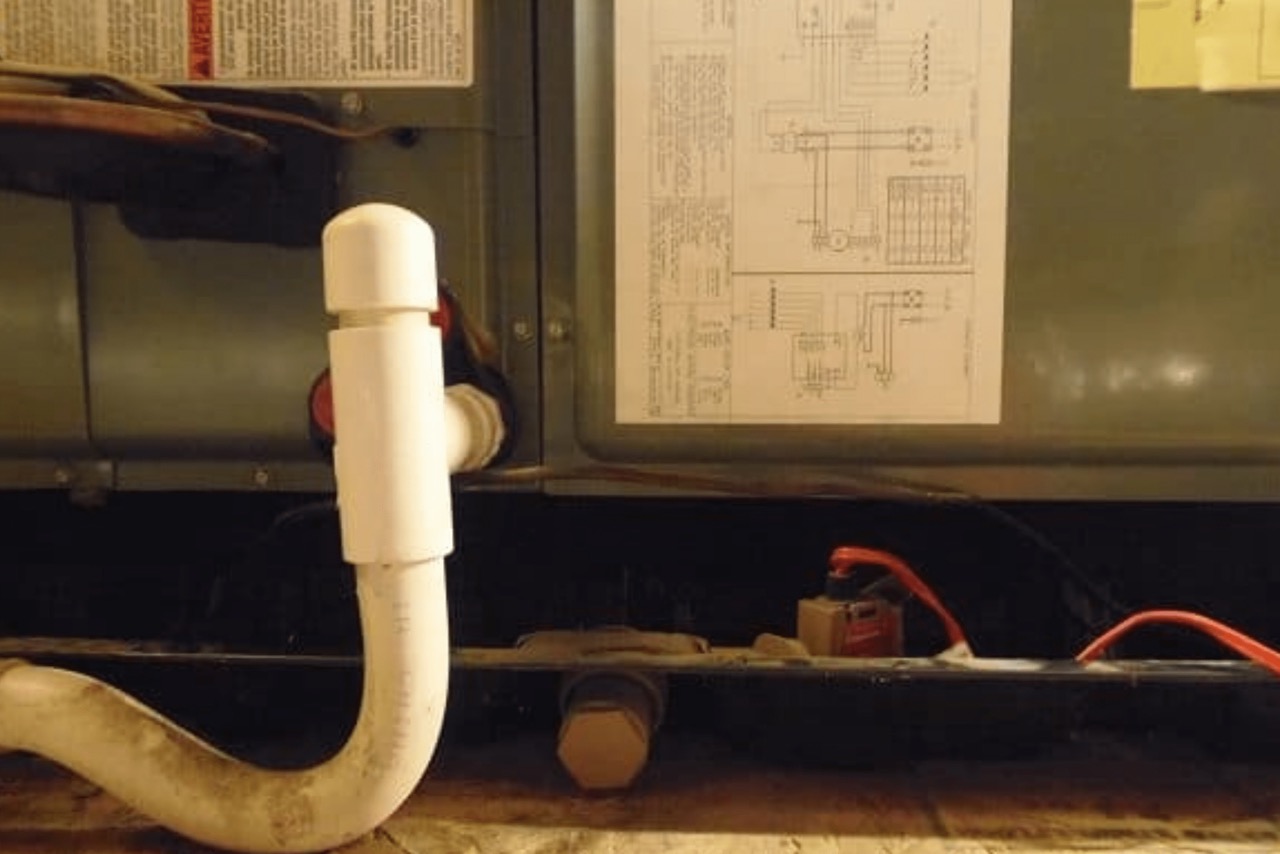
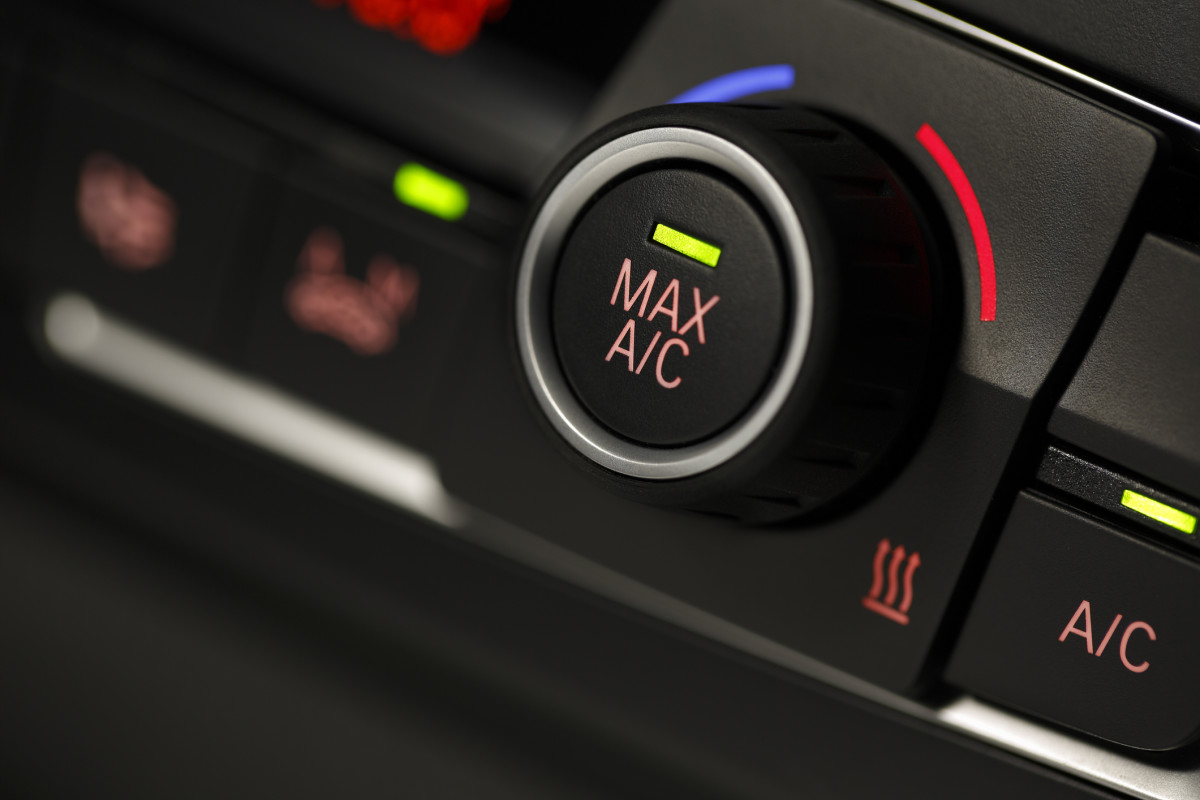
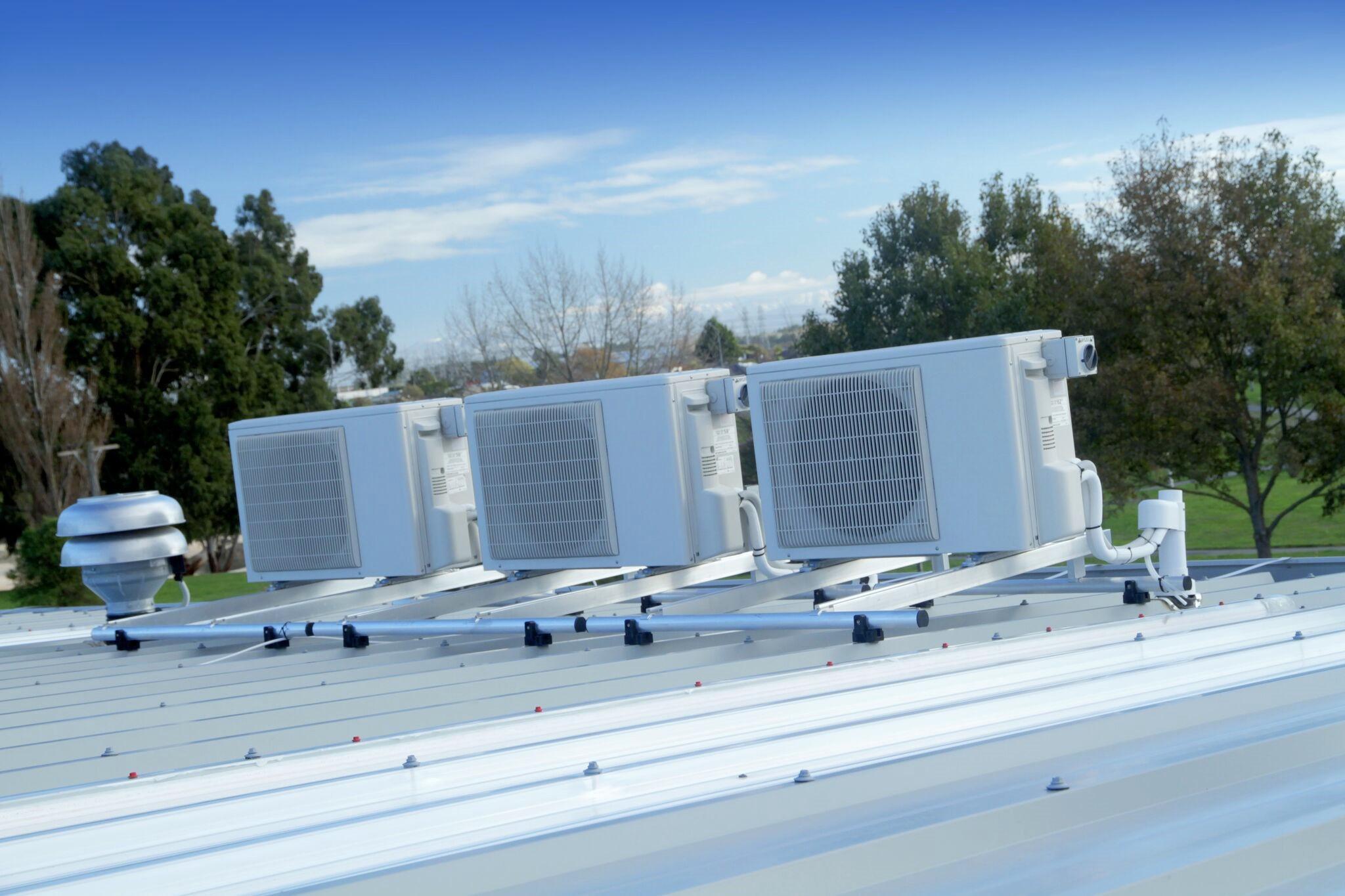
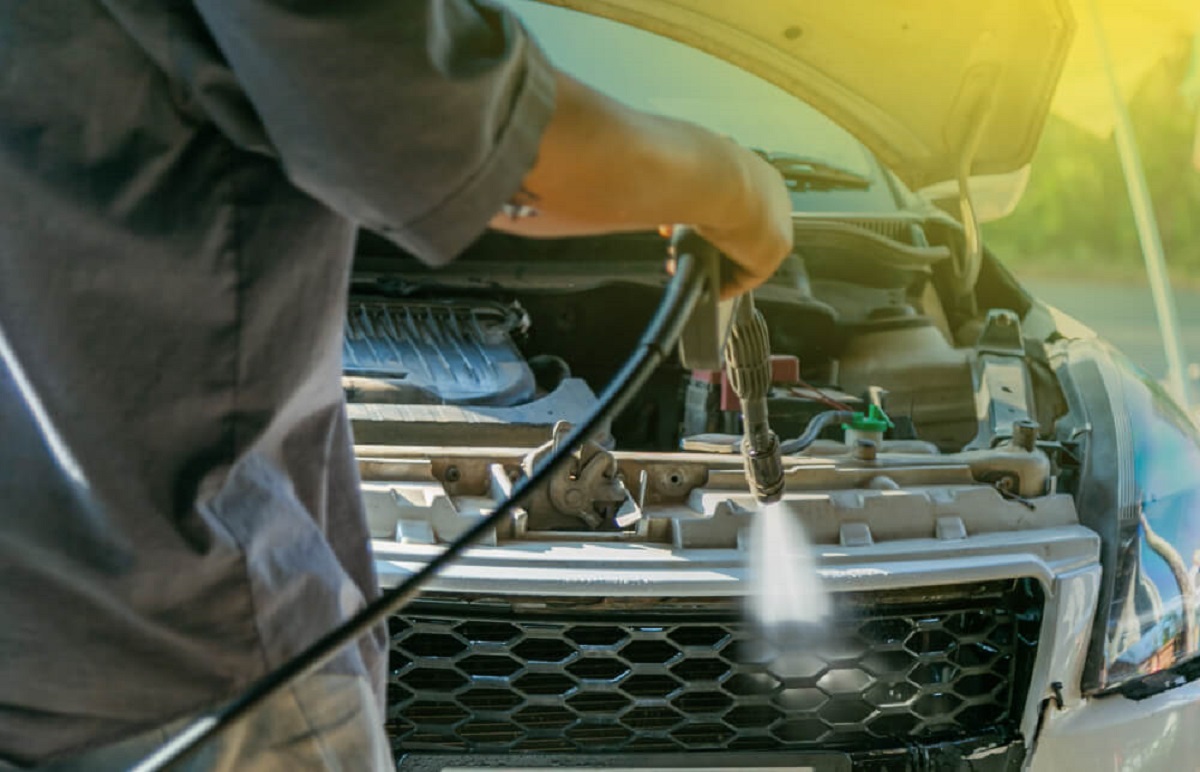
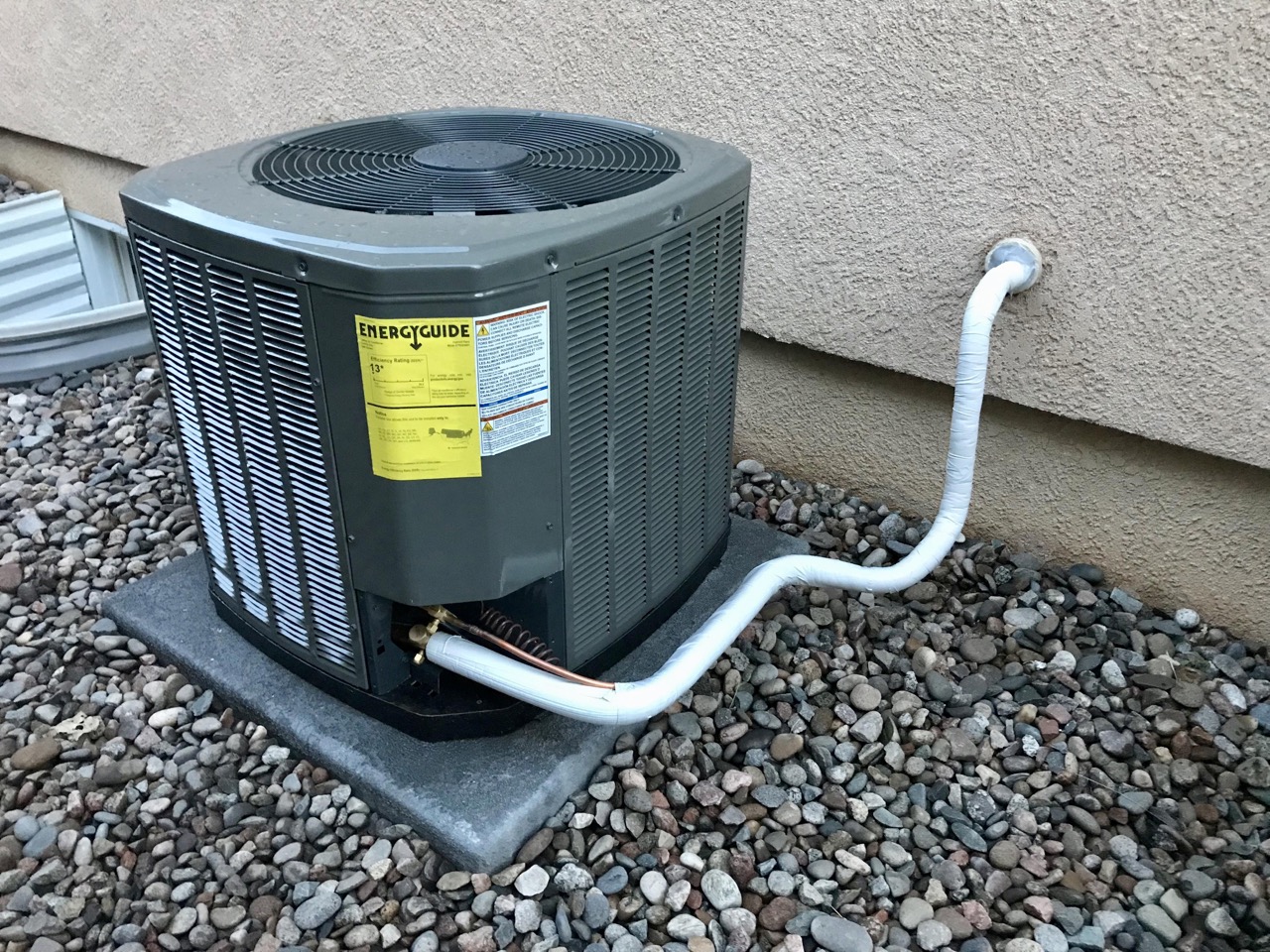
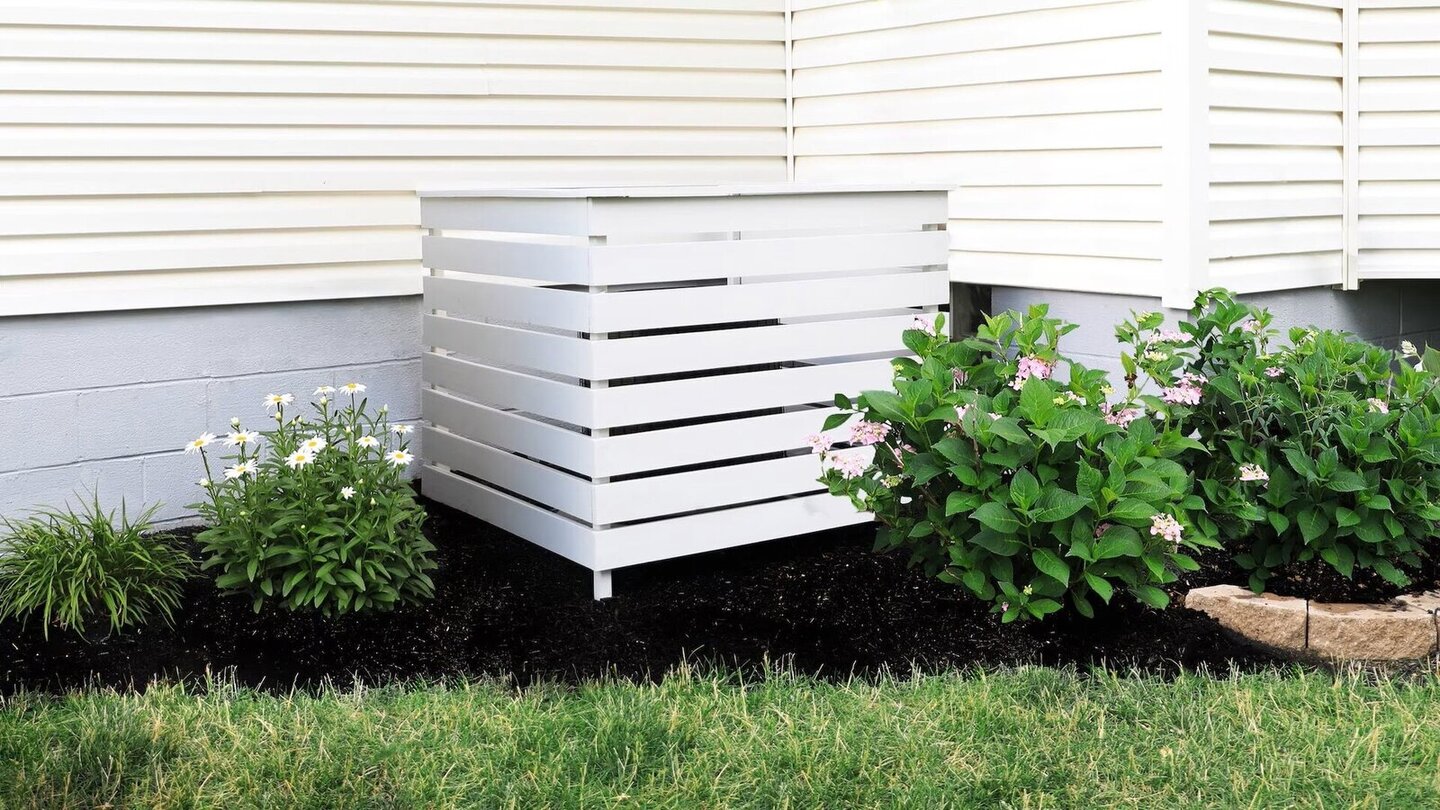
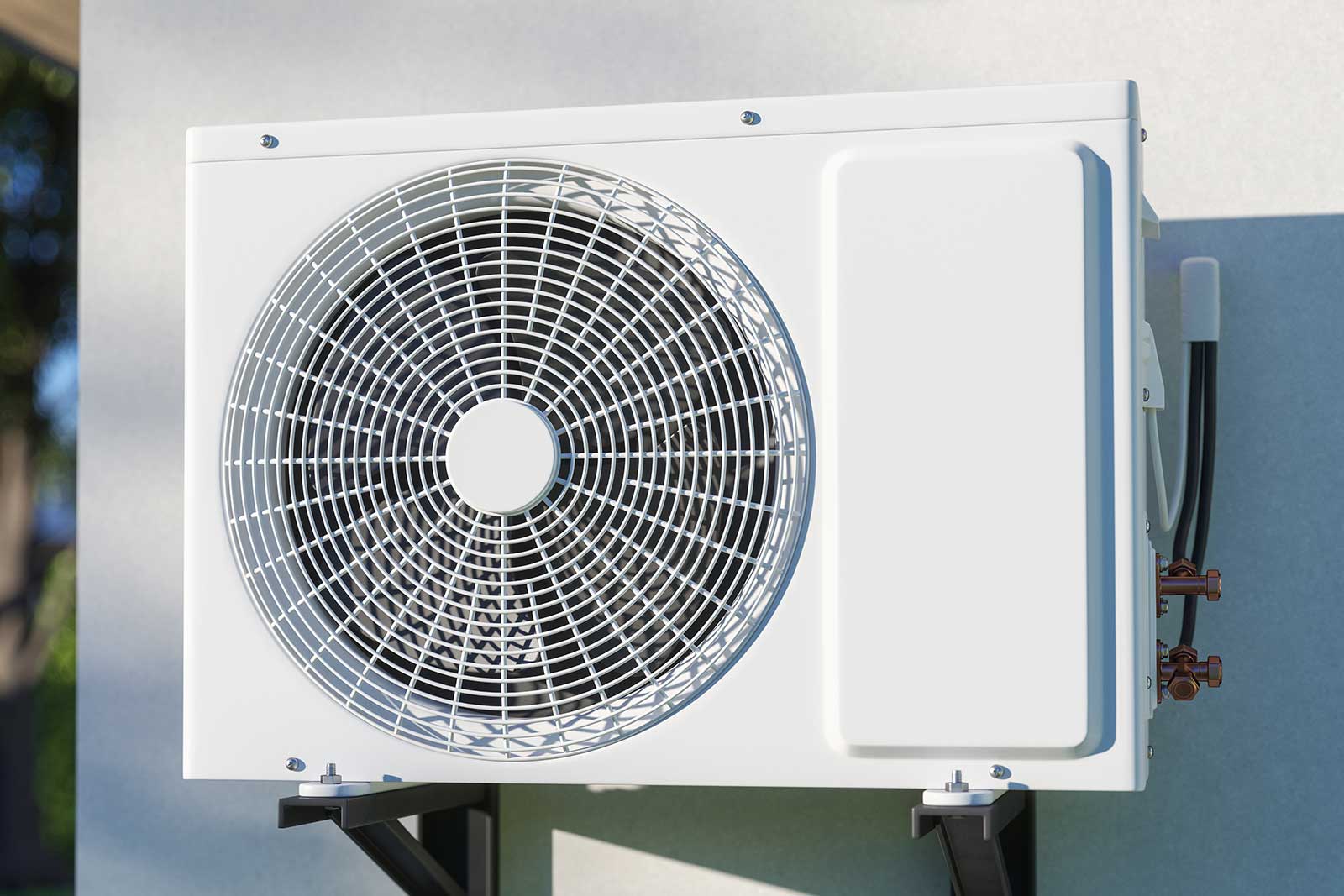
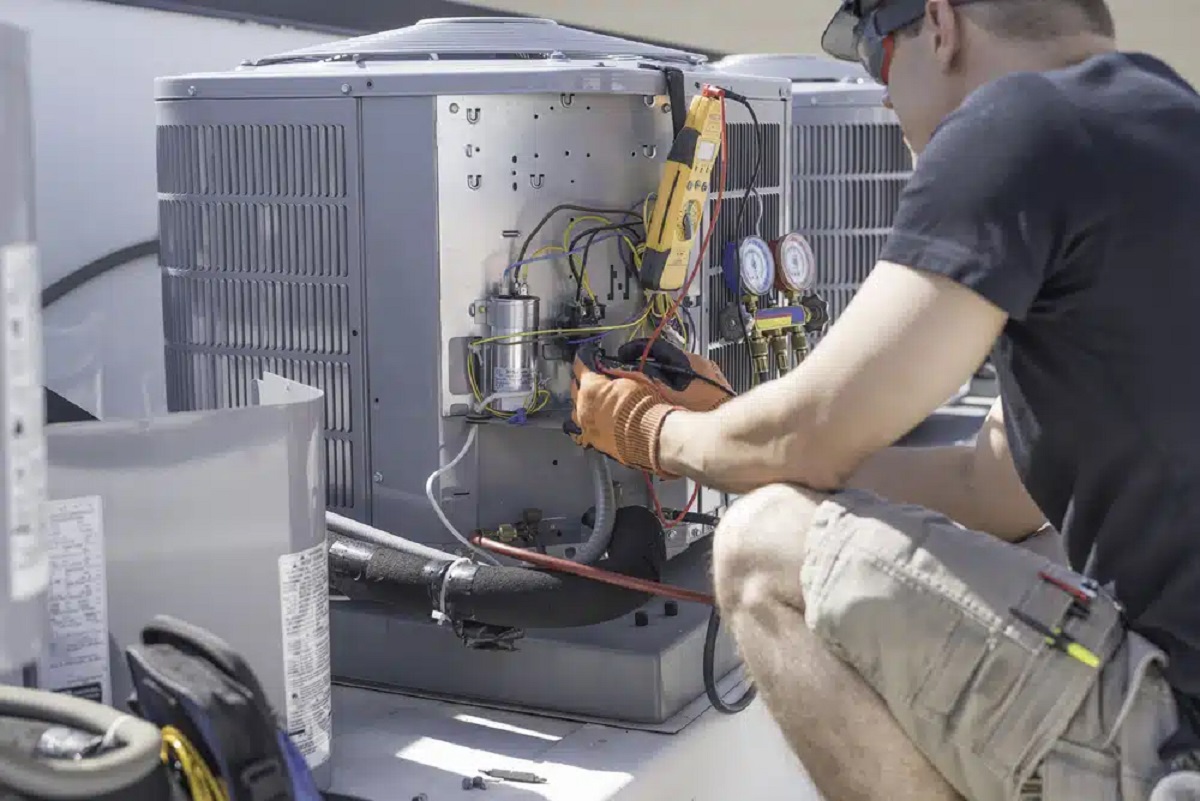
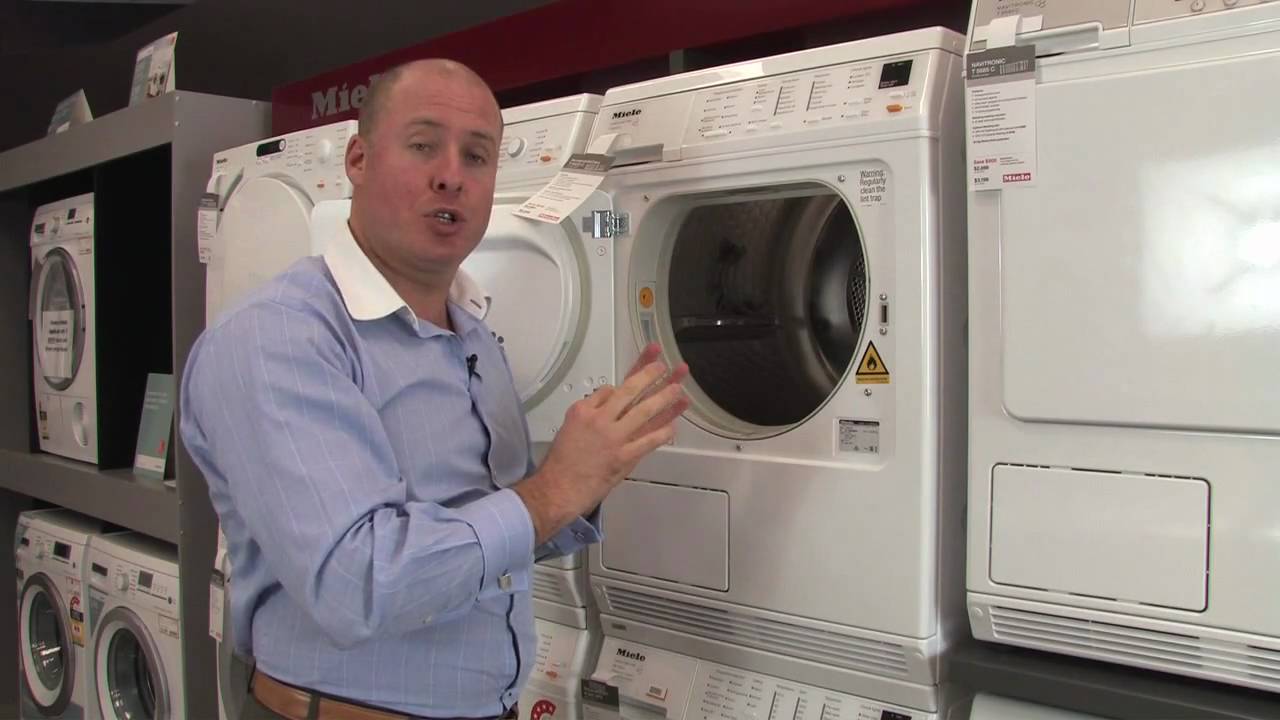
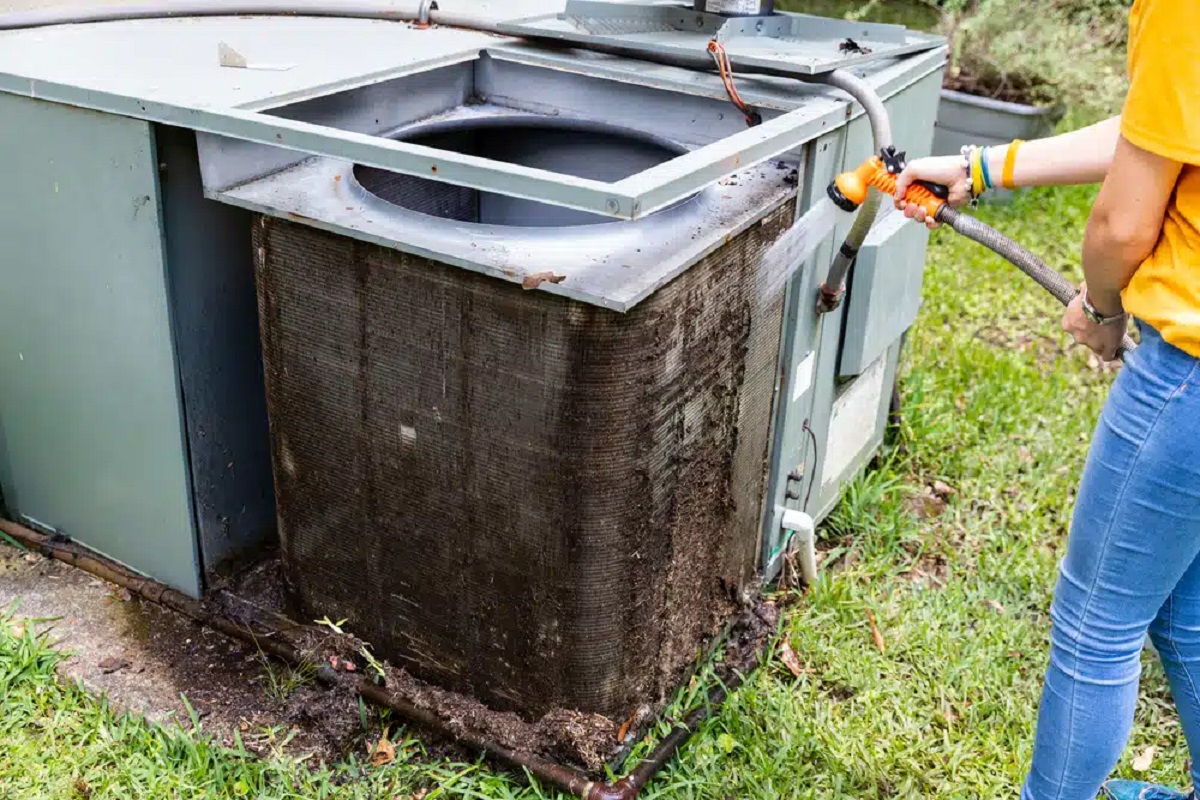
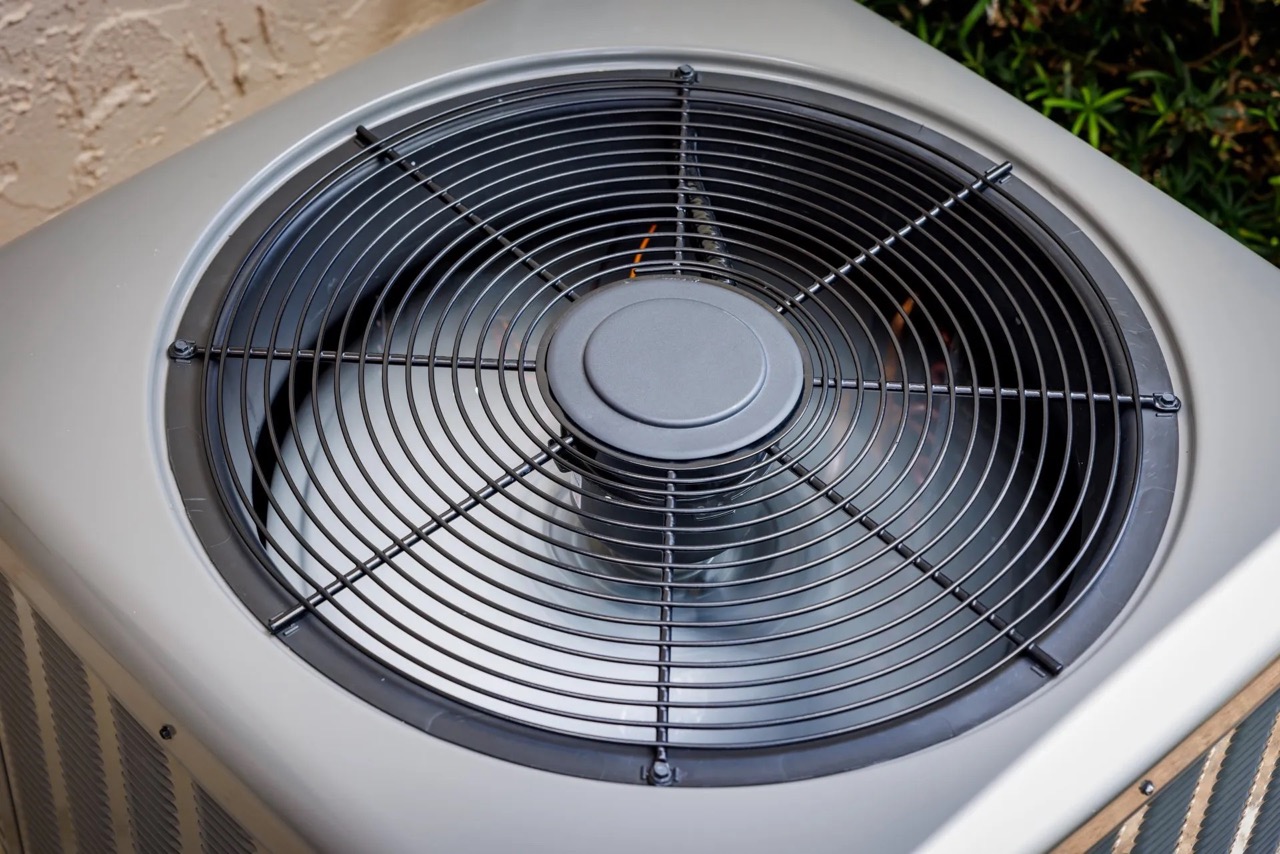
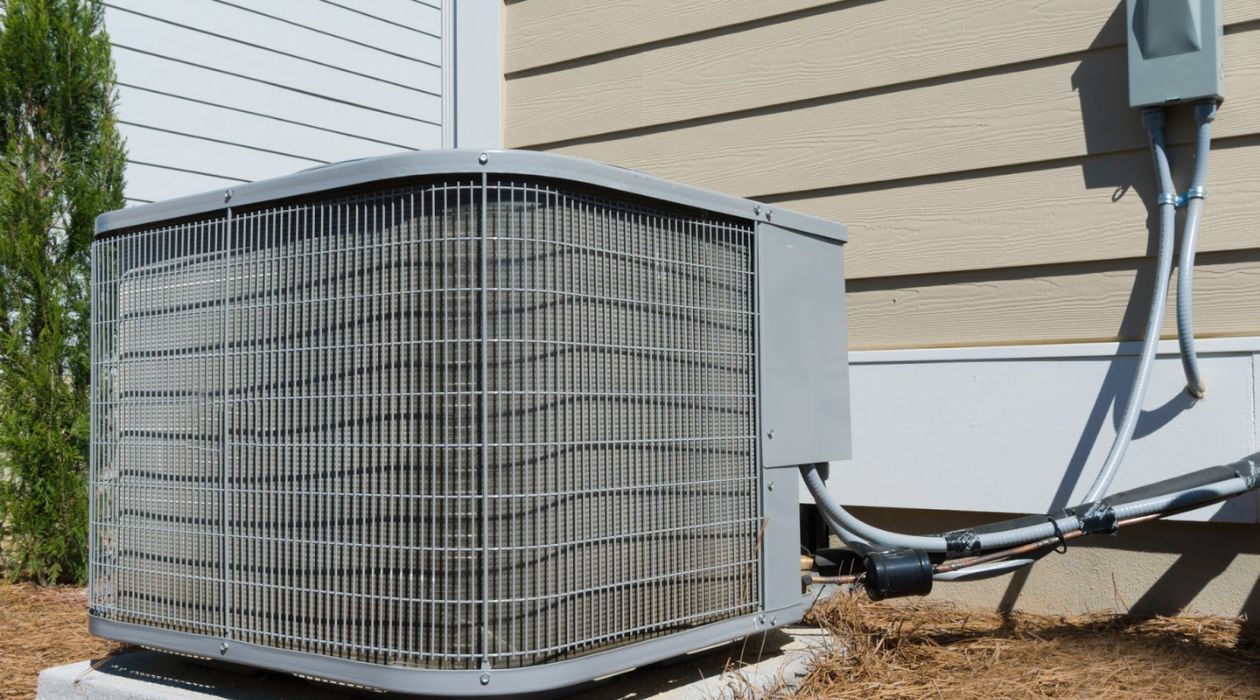
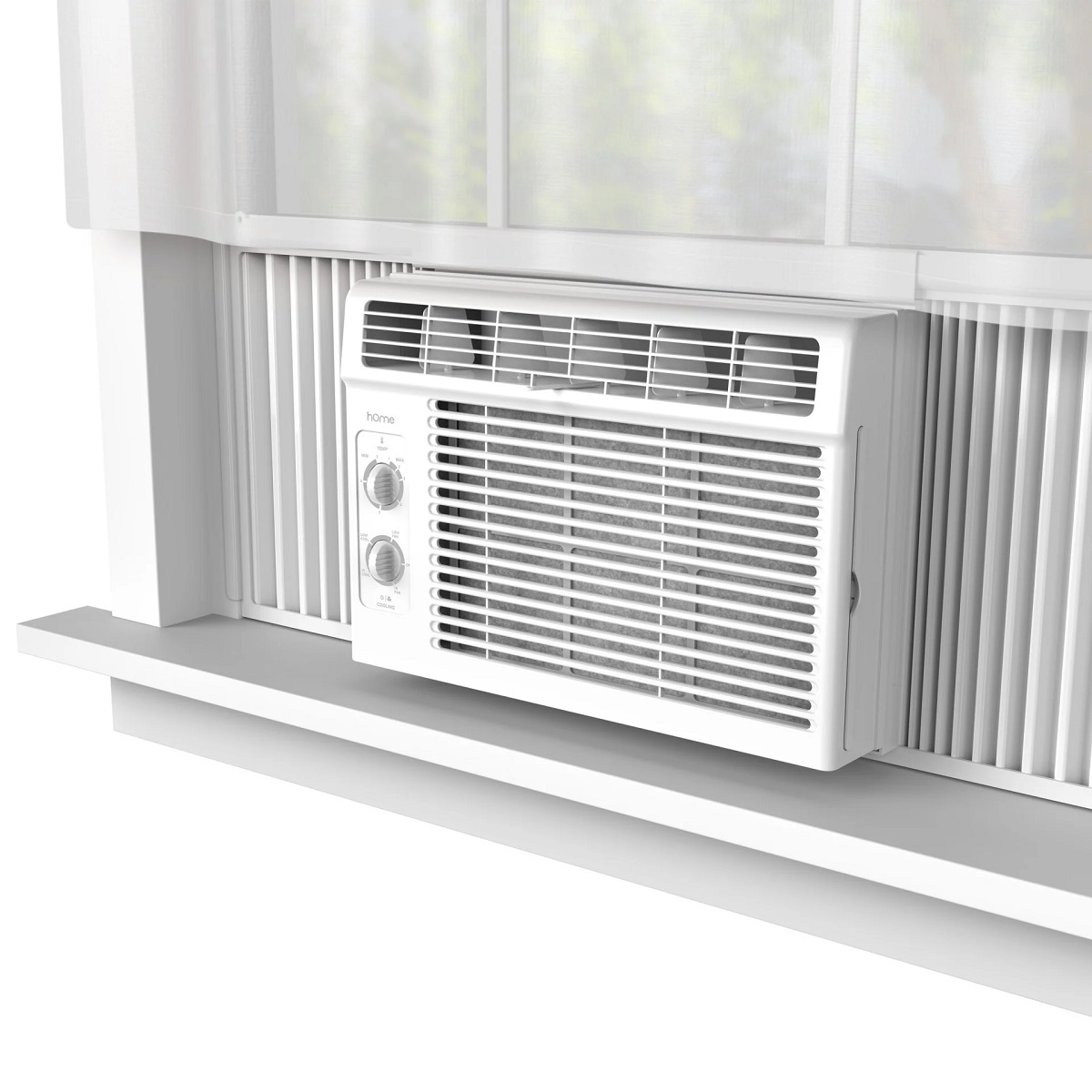
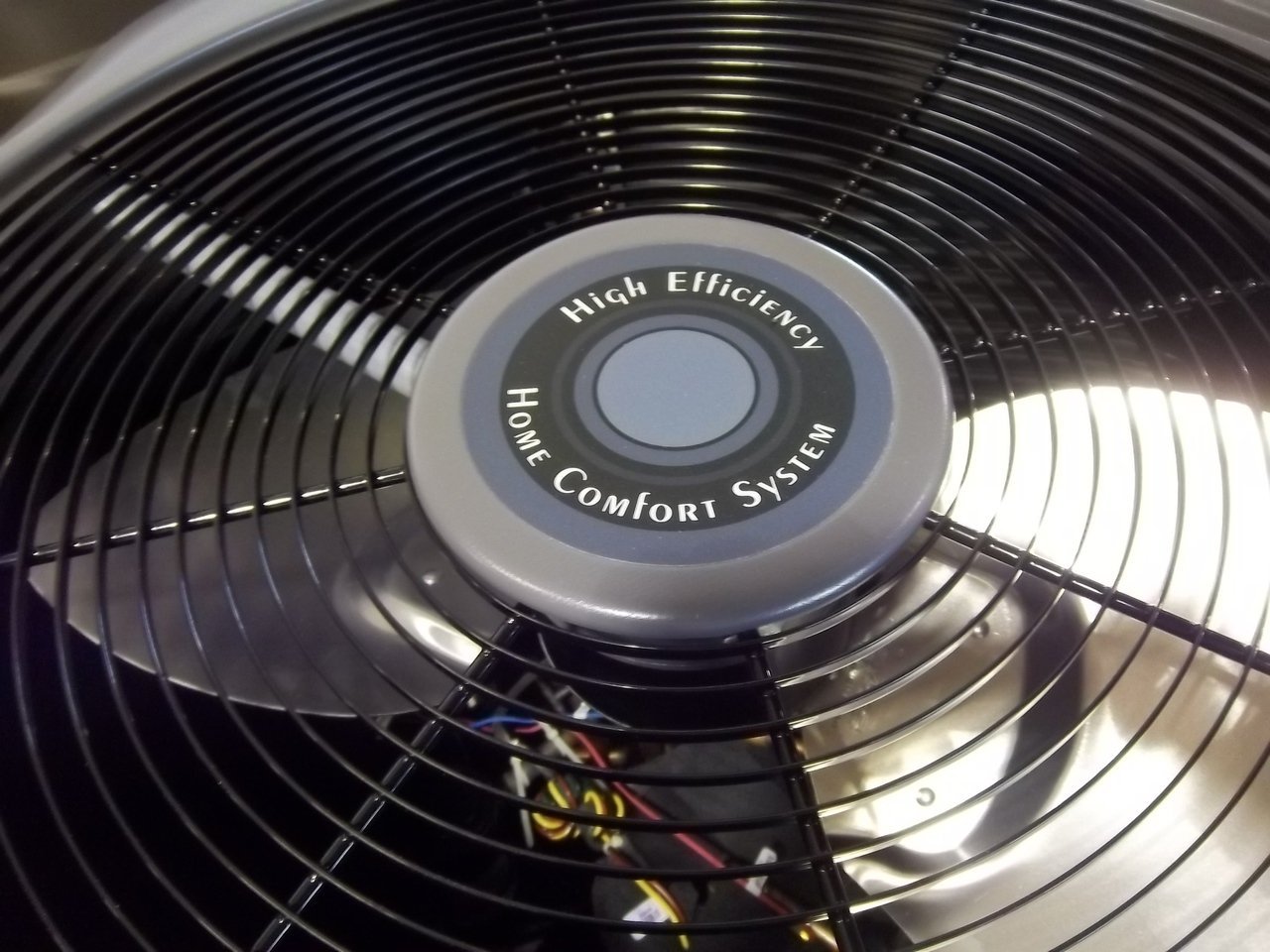

0 thoughts on “What Does AC Condenser Do”